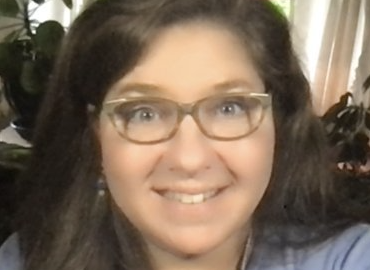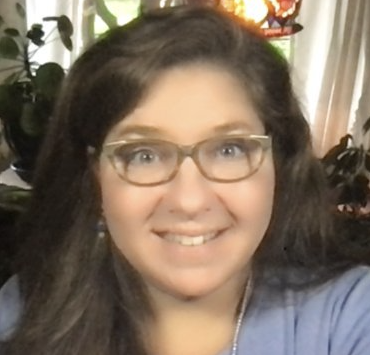
Medical Aid in Dying Isn’t a Priority… Until it is
An Open Letter to New York State Lawmakers
Medical aid in dying isn’t a priority for anyone . . . until it is. And sadly, the need for this gentle dying option to end unbearable suffering at the end of life can happen when least expected. It could be a loved one, a neighbor, a constituent. It could be you one day.
Medical Aid in Dying Act will be an option few will ultimately choose. But the conversation it opens will benefit everyone. Even though we all will die, we will not experience death equally. For some of us, the process of dying will be peaceful. It may be quick or over a protracted period of time, with pain and suffering managed well by existing hospice and palliative care options. Others may suffer in ways that even the best hospice and palliative care will not be able to relieve.
Not everyone wants to have a say in the way they will experience death, but I don’t believe there are many who want someone who may not share their values telling them what they can or can’t do at the end of life. That’s why it’s not surprising that strong majorities of voters support this bill across every demographic group; and why the bill has more than 80 cosponsors and more than enough support to pass both houses.
I have seen so much loss over the eight years I’ve led this campaign in New York. I’ve sat with dozens of legislators, Executive and state agency staff, and legislative staff – maybe even you! – listening to stories about loved ones who suffered – or were then still suffering – sharing tears, offering condolences.
And what I’ve learned is that for many, medical aid in dying isn’t a priority until someone they know personally, or someone they love, is facing down an incurable, irreversible illness where the only path ahead leads to inevitable death and needless suffering along the way. It becomes a priority for them because they experience or witness this pain up close and at home.
Death is inevitable for all of us; pain and suffering shouldn’t have to be. By passing this compassionate legislation, you can give dying New Yorkers the option to avoid needless suffering, and the ability to die as peacefully as possible, consistent with their faith, values, and beliefs.
Bill Carey, my dad, a faithful Catholic, strong Marine, and hospice volunteer died in 2014. Holding his hand as he made his transition was a blessing and sacred privilege for me. He died at home, surrounded by family, and he suffered (he considered it his Catholic duty). While he didn’t use, and never would have decided to use, medical aid in dying, my dad died with dignity. Why do I say that? Because he died in a way that was consistent with his faith, values, and beliefs. We all deserve this respect to make our own end-of-life care decisions – no matter what we decide.
My dad was both a hospice volunteer and patient. Quality hospice and palliative care are essential, and Compassion & Choices is a consistently strong supporter of increased access to hospice and palliative care. We work to ensure that medical aid in dying is just one of many components of state-of-the-art, comprehensive end-of-life care to which everyone should have access.
Medical aid in dying puts the power where it belongs: in the hands of the dying person alone. No doctor, nurse, hospice provider, government official, guardian, health proxy, or family member can make the decision for the dying person. Nobody. Only the dying person.
This is a bill that directly affects you and your colleagues, your family members and your constituents. How so?
First, authorizing medical aid in dying improves end-of-life care for everyone. Data shows that hospice care is used more often, and early enough for the dying person to benefit from this care, in states that allow medical aid in dying – like Oregon, the first state to authorize it – than those that don’t, like New York. In fact, New York ranks consistently near the bottom, if not the last, among all states in terms of hospice utilization among Medicare decedents.
Second, allowing terminally ill, suffering New Yorkers to die the way they want helps reinforce the principle of religious freedom, no matter what decision a person makes, no matter what faith principle by which they are guided. That benefits all of us.
Third, terminal illness could befall any of us at any time. When you adjourn, there will be six months until the beginning of the 2024 legislative session. There were six months between Ayla Rain Eilert’s diagnosis of tongue cancer and her death at age 24 in New York City. There also were six months between my dad’s diagnosis and his death. Six months is a long time to gamble with fate.
The safeguards in this bill are strong. Every question asked has been answered. The often repeated and refuted arguments of opponents seem hollow in the face of 25 years of evidence from what is now 10 states that allow the practice (including Vermont and New Jersey) as well as Washington, D.C.
Don’t wait for the suffering plea of a loved one or constituent. Don’t wait for them to ask you why you didn’t pass the bill this year. Don’t wait for it to become their, or God forbid, your priority. Make passing the Medical Aid in Dying Act by next week your priority now.
Corinne Carey is Compassion & Choices’ Senior Campaign Director for New York and New Jersey Compassion & Choices.

